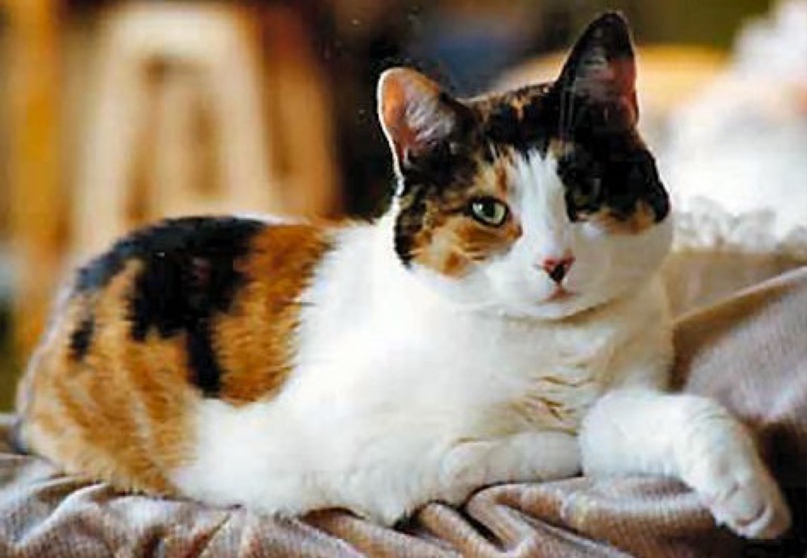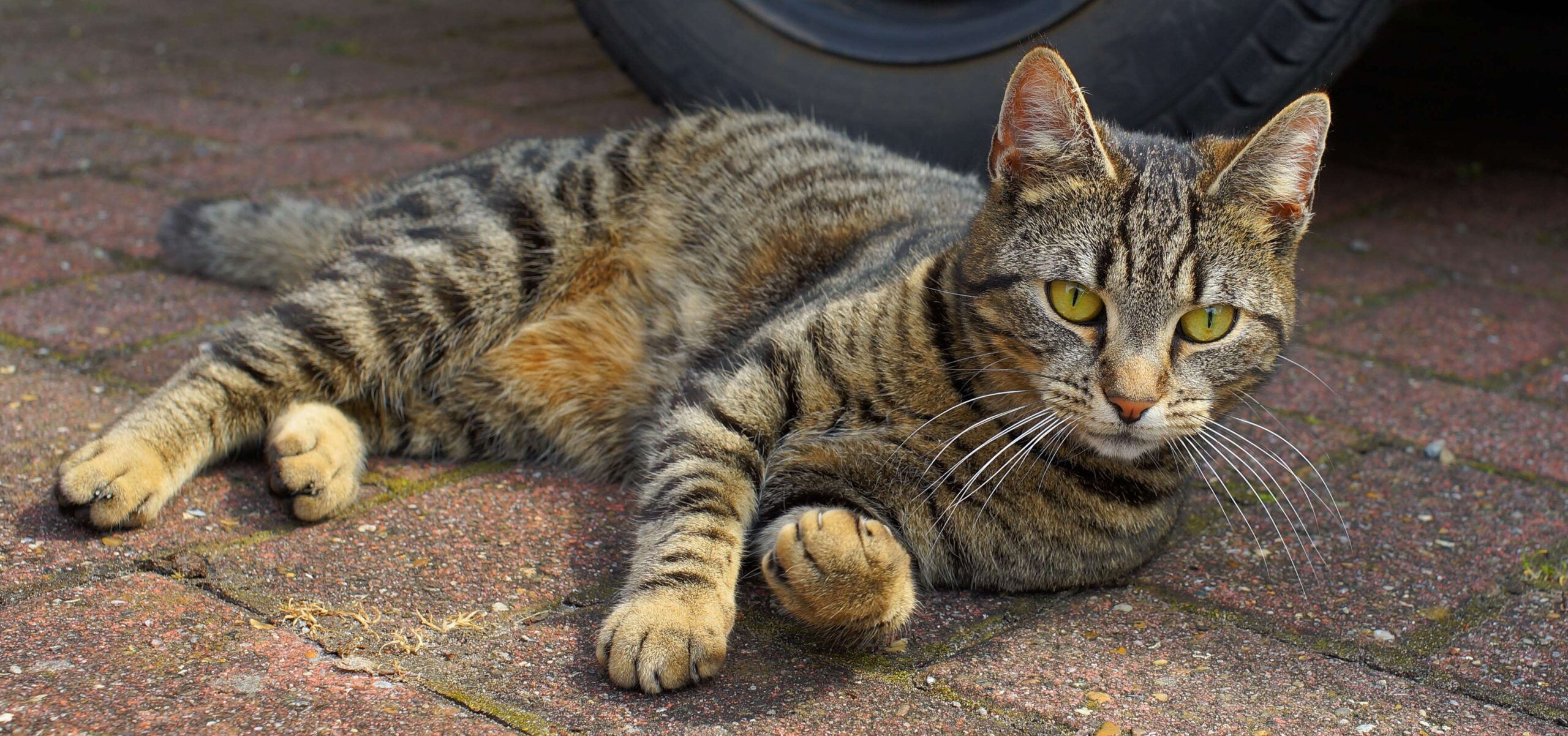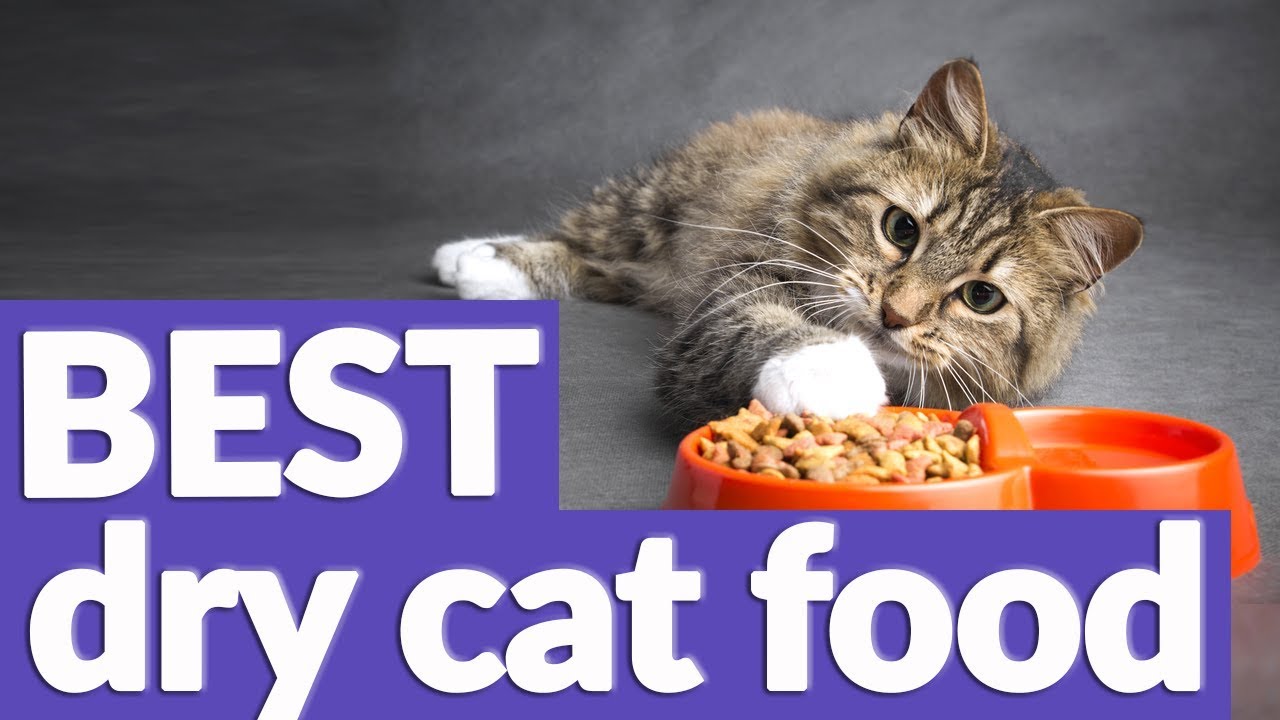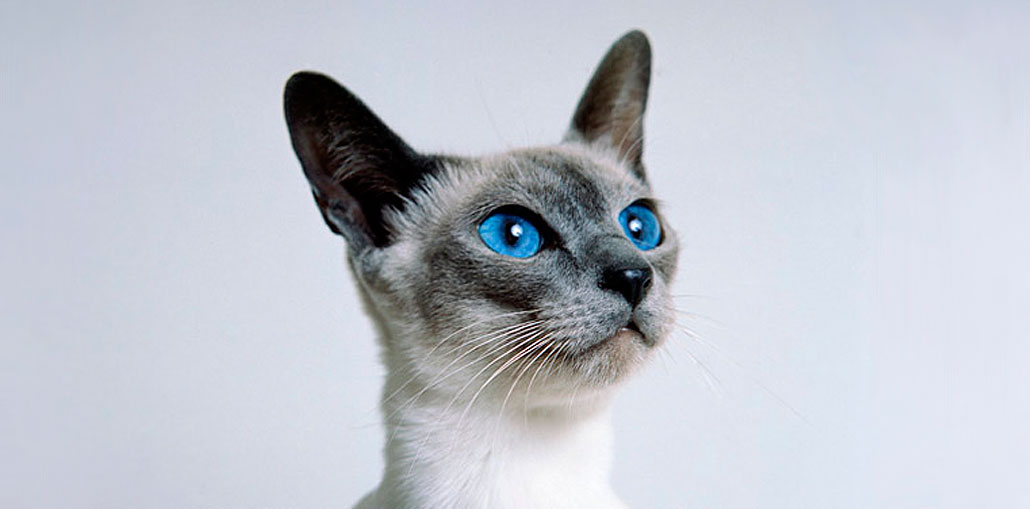Introduction
Ragdoll cats are one of the most sought-after feline breeds due to their striking blue eyes, silky fur, and affectionate personalities. Known for their docile nature and tendency to go limp when held (hence the name “Ragdoll”), these cats make excellent companions for families, singles, and seniors alike.
However, finding a reputable Ragdoll cat breeder is crucial to ensure you bring home a healthy, well-socialized kitten. This guide will walk you through everything you need to know—from identifying ethical breeders to preparing for your new furry friend.
Why Choose a Ragdoll Cat?
Before diving into how to find a breeder, let’s explore why Ragdolls are such a popular choice:
- Gentle Temperament: Ragdolls are known for their calm and friendly demeanor.
- Striking Appearance: Blue eyes, color-point coats, and large size make them stand out.
- Low Maintenance: Their semi-long fur doesn’t mat easily, making grooming easier than other long-haired breeds.
- Great with Families: They get along well with children, dogs, and other pets.
Given their popularity, it’s essential to find a responsible Ragdoll breeder to avoid scams or unhealthy kittens.
How to Find a Reputable Ragdoll Cat Breeder
Not all breeders operate ethically. Here’s how to ensure you’re dealing with a trustworthy professional:
1. Check for Breeder Certification & Affiliations
Reputable breeders are often registered with cat associations such as:
- The International Cat Association (TICA)
- Cat Fanciers’ Association (CFA)
- Ragdoll Fanciers Club International (RFCI)
These organizations uphold breeding standards, ensuring healthy and well-cared-for kittens.
2. Visit the Cattery in Person (or Virtually)
A responsible breeder will allow (or encourage) visits to see:
- Living conditions (clean, spacious, and enriching)
- The kitten’s parents (health and temperament)
- How the kittens interact with humans
If a breeder refuses visits, consider it a red flag.
3. Health Testing & Guarantees
Ethical breeders conduct genetic testing for common Ragdoll health issues, such as:
- Hypertrophic Cardiomyopathy (HCM)
- Polycystic Kidney Disease (PKD)
They should provide:
- A health guarantee
- Vaccination and deworming records
- Spay/neuter agreements (if applicable)
4. Ask the Right Questions
Before committing, ask:
- How long have you been breeding Ragdolls?
- Can I see the kitten’s parents?
- What socialization practices do you follow?
- Do you offer post-adoption support?
A good breeder will be transparent and happy to answer.
5. Avoid Kitten Mills & Pet Stores
Kitten mills prioritize profit over welfare, leading to:
- Poor health conditions
- Lack of socialization
- Genetic disorders
Always buy directly from a registered Ragdoll breeder, not a third-party seller.
Red Flags in Ragdoll Cat Breeders
Watch out for these warning signs:
- Too Many Litters Available: Reputable breeders rarely have multiple litters at once.
- No Pedigree Papers: Purebred Ragdolls should come with registration documents.
- Pressure to Buy Quickly: Ethical breeders won’t rush you.
- Unusually Low Prices: Quality Ragdolls cost between 1,000–2,500+. Extremely cheap kittens may be scams.
Preparing for Your Ragdoll Kitten
Once you’ve found a breeder, it’s time to prepare your home:
Essential Supplies
- High-quality cat food (kitten formula)
- Litter box & cat litter
- Scratching posts & toys
- Comfortable bed & grooming tools
First Vet Visit
Schedule a check-up within the first week to:
- Confirm the kitten’s health
- Discuss vaccination schedules
- Plan for spaying/neutering
Socialization & Training
Ragdolls are intelligent and respond well to:
- Positive reinforcement
- Interactive play
- Gentle handling
Long-Term Care for Your Ragdoll Cat
Grooming Needs
- Brush their fur 2–3 times a week to prevent mats.
- Trim nails regularly.
- Clean ears and teeth as needed.
Diet & Nutrition
- Feed high-protein, grain-free food.
- Avoid overfeeding—Ragdolls can gain weight easily.
Health Monitoring
Watch for signs of:
- HCM (labored breathing, lethargy)
- Dental issues (bad breath, difficulty eating)
- Joint problems (common in larger breeds)
Regular vet visits (at least annually) are crucial.
Conclusion: Finding the Perfect Ragdoll Cat Breeder
Bringing a Ragdoll kitten into your home is an exciting journey, but choosing the right breeder is the most important step. By following this guide, you’ll ensure a healthy, happy, and well-adjusted feline companion.
Ready to find your dream Ragdoll? Start by researching TICA or CFA-registered breeders and ask the right questions before making a commitment.
FAQs About Ragdoll Cat Breeders
Q: How much does a Ragdoll kitten cost?
A: Prices range from 1,000–2,500+, depending on lineage and breeder reputation.
Q: Are male or female Ragdolls better?
A: Both are equally affectionate, though males tend to be slightly larger.
Q: How long do Ragdoll cats live?
A: With proper care, they typically live 12–17 years.
Q: Can Ragdolls be left alone?
A: They’re social cats—avoid leaving them alone for long periods.
By following this guide, you’ll be well on your way to finding a trusted Ragdoll cat breeder and enjoying the love of a beautiful, gentle feline friend.
Would you like recommendations for specific Ragdoll breeders in your area? Let us know in the comments!






